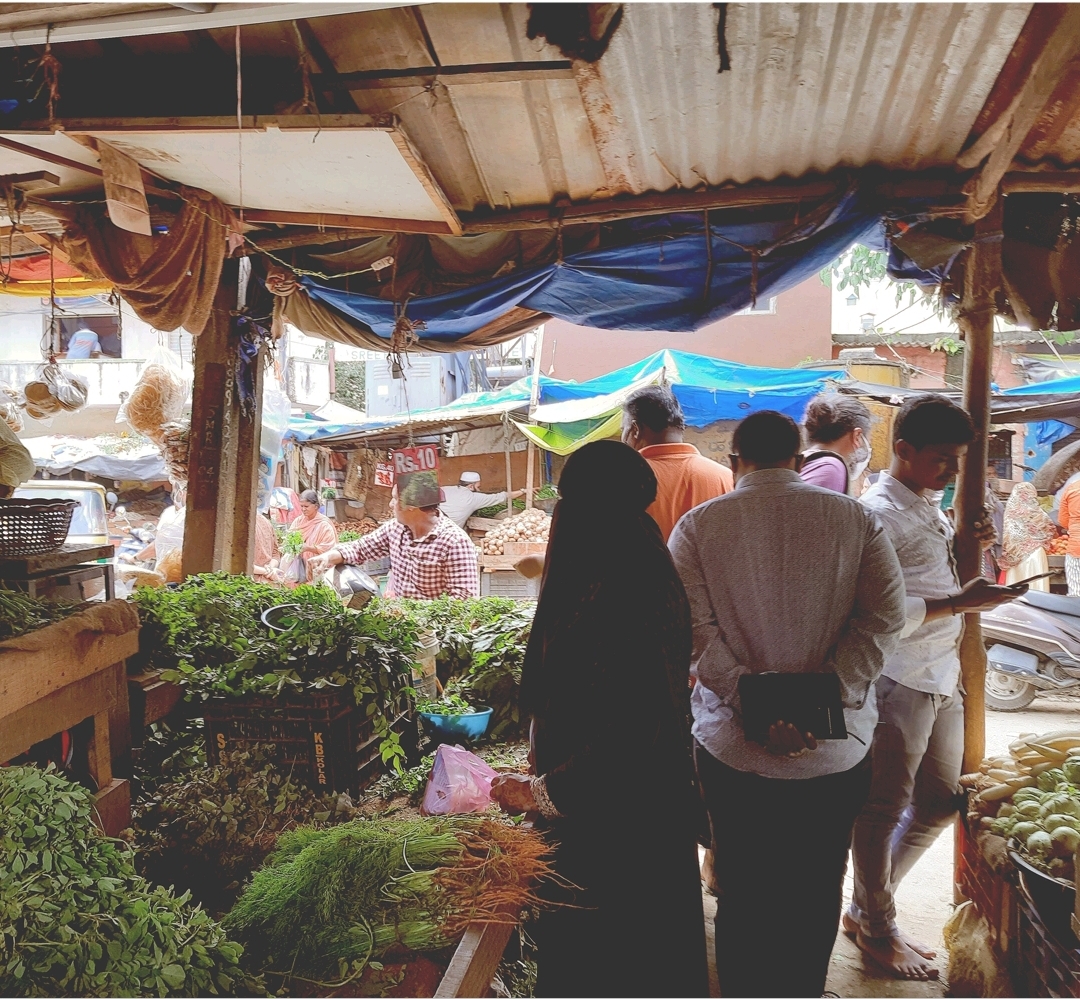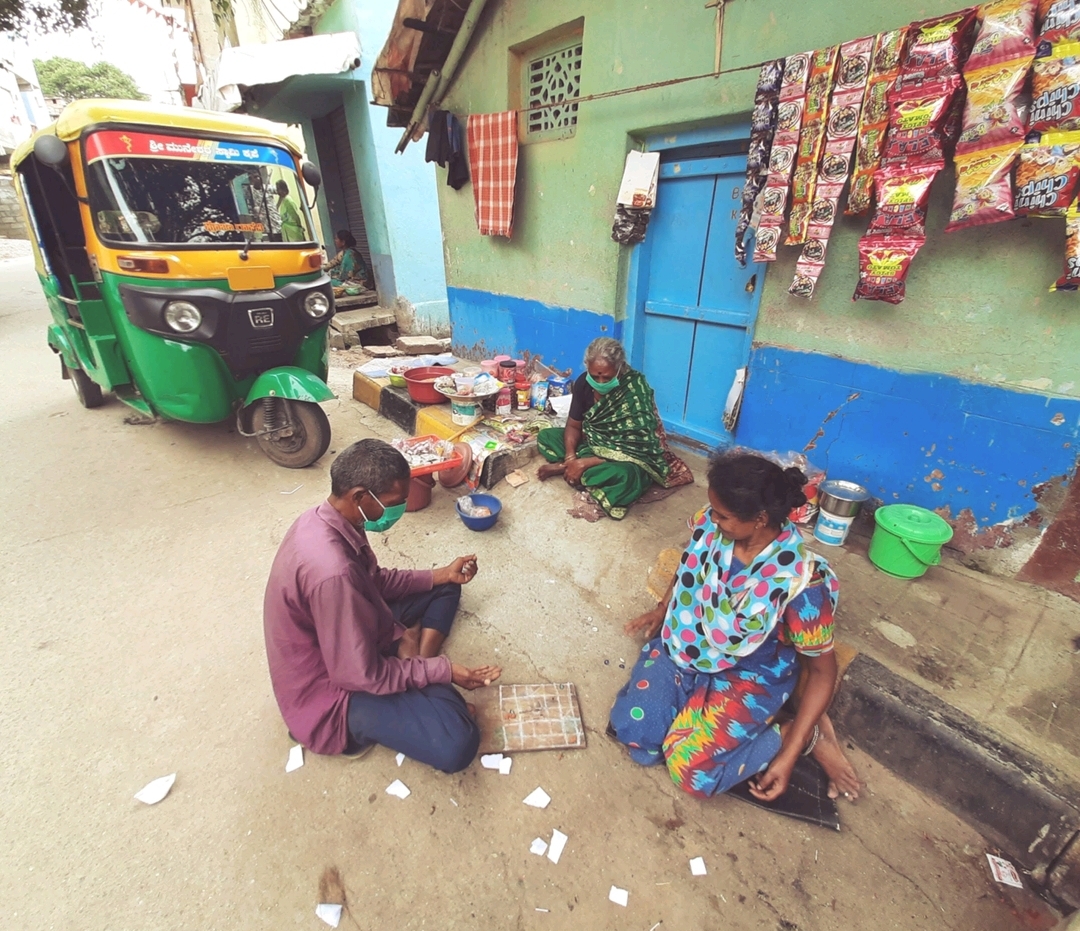Economy
Azim Premji University study highlights the impacts of COVID-19 pandemic on informal sector workers

Azim Premji University released its study on ‘Impact of COVID-19 on Livelihoods of informal sector workers and vulnerable groups in Bengaluru: A view from the ground’ in Bangalore.
Informal sector workers, lacking the safety-net offered by formal sector employment, have been adversely affected by the impacts of the COVID-19 pandemic. Prolonged livelihood loss and a slow revival of trade have continued to stress the lives and livelihoods of these vulnerable groups.
Managing essential household expenses, mortgage, access to health care, and diminished employment opportunities are some of the major challenges faced by such families. This study, undertaken in December 2020 reveals the nature of the pandemic’s impact upon informal sector workers across the city of Bengaluru.

Unemployment among the informal sector workers and vulnerable groups in Bengaluru
The study finds that the current status of livelihoods of many informal sector workers, whether self-employed in nature (street vendors, waste pickers, auto drivers, mechanics, dhobis, small business) or working on wages rather than fixed salaries (domestic workers, sex workers, construction workers, piece-rate workers) and vulnerable groups (garment workers, security staff, retail shop workers) endured severe disruptions and has not revived to levels before the spread of the pandemic.
The study also finds that while 15 percent of informal sector workers are still unemployed after losing their previous jobs, in addition, 23 percent had experienced a break in employment during the pandemic, and, about 46 percent are currently engaged in the same job but with less pay.
Informal sector workers, especially the vulnerable and disadvantaged such as women and elderly workers, have experienced difficulty in sustaining existing livelihoods as well as in finding jobs. Over 10 civil society organisations, subject-matter experts and members of the Azim Premji Foundation, conducted this study through a combination of personal interviews, secondary data, and surveys, comparing the situation of the informal sector workers and vulnerable groups of the city now to that of before the lockdown beginning March 2020.
The report emphasizes that informal sector workers and vulnerable groups have highly precarious livelihoods. These challenges need to be tackled on multiple fronts, including the creation of better-quality livelihood opportunities, adequate social security, and public services. This requires synergy and collaboration between business, civil society and government, mere economic growth is insufficient to address these fundamental structural issues.
The full report is available at www.azimpremjiuniversity.edu.in/Impact-of-Covid-on-livelihoods
About Azim Premji University
Azim Premji University was established as a not-for-profit, private university under the Azim Premji University Act 2010. The University has a clear social purpose of working towards a just, equitable, humane and sustainable society. Azim Premji University plays a critical role in developing new talent, building capacity in existing functionaries and creating domain knowledge in the fields of education and in development.
The Azim Premji Foundation is the sponsor of the University. The roots of Azim Premji University lie in the learning and experience of two decades of work in school education by Azim Premji Foundation. The University is one of the Foundation’s key responses to the challenges confronting the education and development sectors in India.
MEDIA RELEASE


































